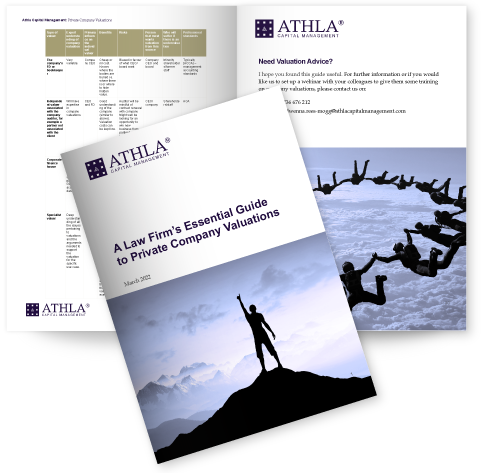There’s gold in valuing stock
August 7, 2024

Not all stock is created equal when it comes to a company valuation
Have you noticed the surging prices in metals especially gold? Watch These Important Gold Price Levels As Metal Hits Record High (investopedia.com)
Of course few companies will be holding gold reserves on their balance sheet, but the article did make us think about the valuation of companies, especially manufacturers, who may well be holding significant levels of stock in the form of raw materials. Where there is a large market in the raw material whether it is metal, paper or something else, there is the possibility of volatility in the value of that stock. We need to think about this issue when looking at net asset valuations, but also, and especially if a net asset valuation does not give the true picture, whether there needs to be an adjustment to value for the risk of the value of that stock changing.
Not all stock is created equal!
Stock takes many forms. Questions we ask include not only the feasibility of selling the finished product, but also whether raw materials have a resale value that could represent hidden value in the business.
There is an old MBA case study which covered the sale of a metal stock holder. The buyer trimmed the yard and identified considerable forgotten stock lying about. The subsequent sale of the forgotten stock repaid the purchase price of the business.
Stock is rarely an issue in services companies, but when it comes to any company making anything, it can be a major area of focus when trying to determine value.
Whether it takes the form of precious metals or something as apparently straightforward as a commodity like paper, there is a lot to think about. One issue can be whether the stock is appropriately stored and insured.
Are there sufficient raw materials (or a plan to replenish them) such that the short to medium term sales can be achieved? Maybe work in progress should have a value lower or higher the cost of the component parts?
Has inflation had an impact on the costs such that the balance sheet values are too low? Does the stock provide a clue as to future revenues?
Work in Progress (WIP) is worthy of further discussion. Often partly finished goods will have a very different value to the raw materials used in them or the finished product. You can even have a scenario where, if raw material prices are rising and you are selling at a fixed price, replenishing the raw material may actually cost more than the added value represented by the WIP.
It is relatively rare to value a company on its based on net assets; property and investment companies being notable exceptions, but does not mean that an examination of the detail in the balance sheet is not very useful in determining the valuation of a company.
We also think about the impact that stock has on cashflow. Is the company having to buy ahead of time to guarantee a good price for the materials, thus absorbing cash? What does this mean for enterprise value vs equity value?


